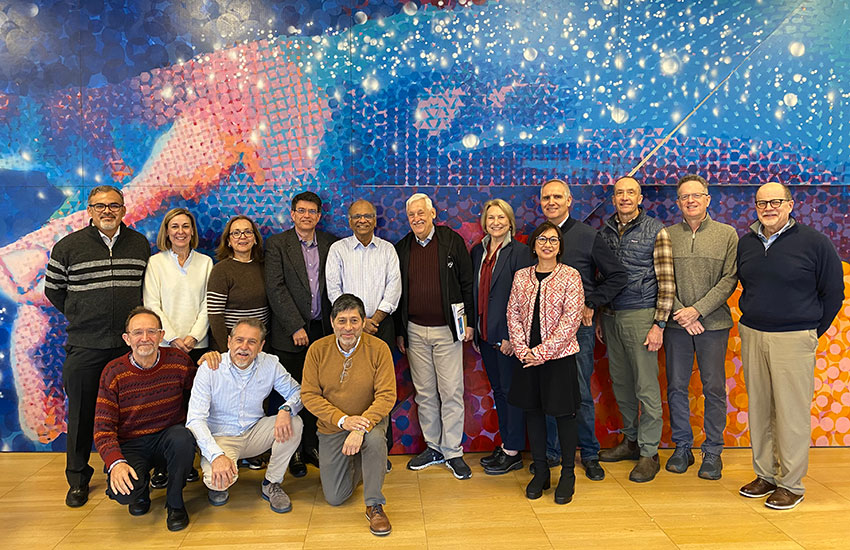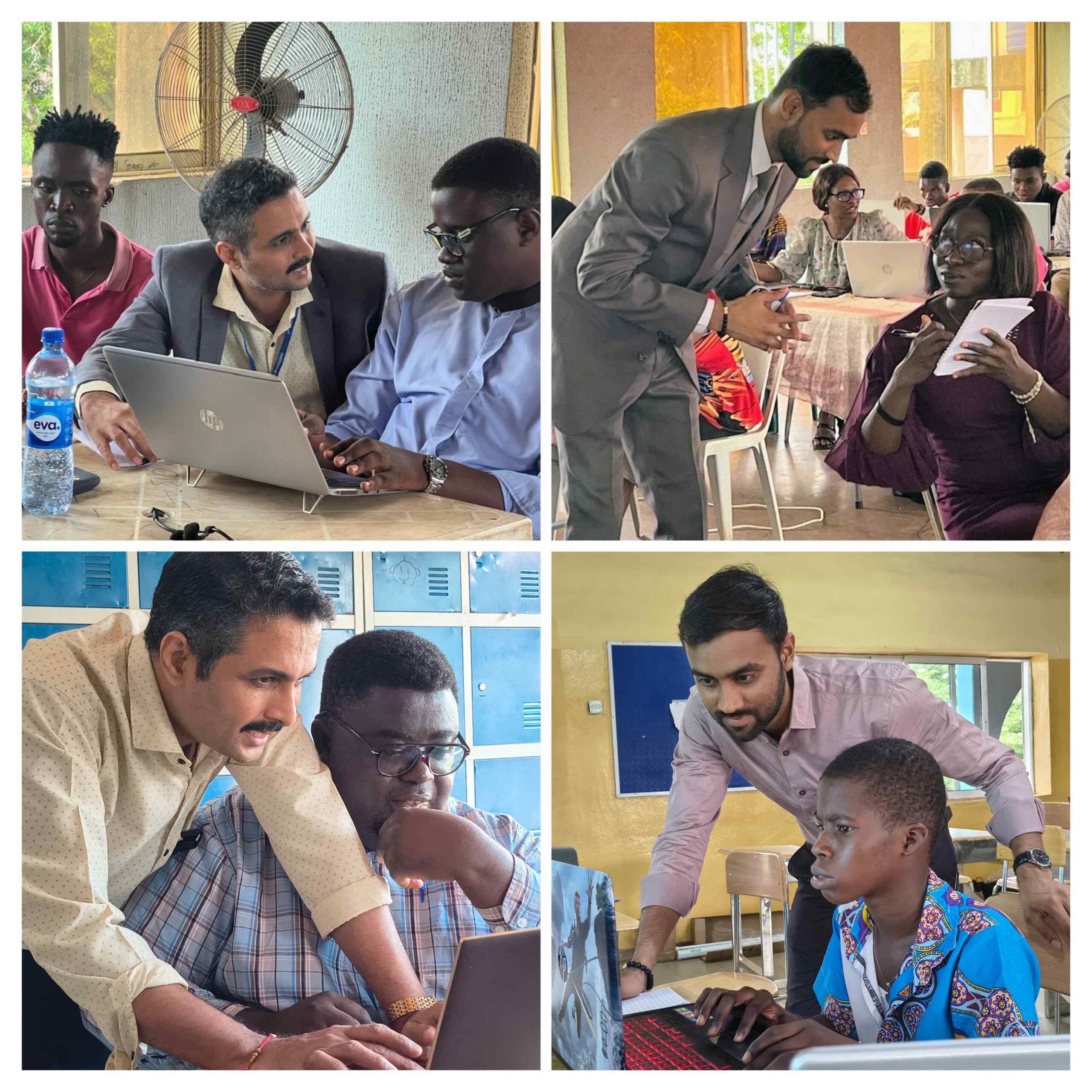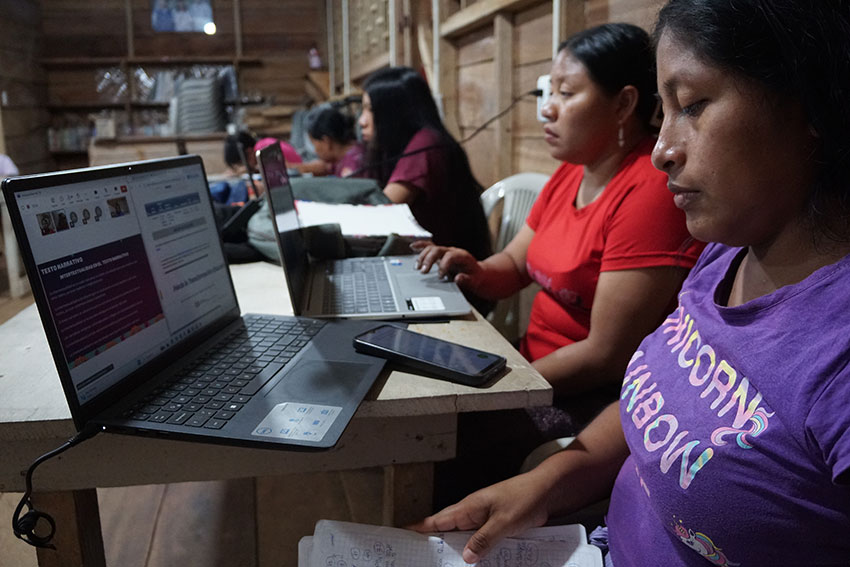Migration, Refugees and Those on the Frontier: Best Practices and Collaborations

In alignment with the Society of Jesus’ Universal Apostolic Preference to walk with the excluded, the 2025 International Association of Jesuit Universities (IAJU) Assembly plenary session “Migration, Refugees and Those on the Frontier” brought together global leaders in Jesuit higher education to share practices and articulate a shared path forward. The session emphasized how universities can move beyond symbolic solidarity to sustained action on behalf of migrants, refugees, and forcibly displaced persons.
Framed by presenters from institutions in Mexico, Kenya, India, Poland, and beyond, the session culminated in a set of clear and practical recommendations for Jesuit universities, supported by tools and guidance from the IAJU Migration Taskforce.
Key Recommendations for Jesuit Universities
Integrate Migration into the Curriculum
Institutions should embed migration and displacement themes across academic disciplines, fostering awareness and action among students. Fr. Elias Opongo, S.J. showcased how courses like “Theology of Migration” or human mobility studies, as practiced at Hekima University College (Kenya), are models that combine ethical reflection with real-world exposure.Support Migrant and Refugee Students
Scholarships, internships, mentoring, and direct inclusion in academic life are essential. Moderator Fr. Alberto Ares, S.J. (Jesuit Refugee Services Europe), called for universities to “turn research into action” by ensuring that displaced individuals have a seat at the academic table.Leverage the Institutional Voice for Advocacy
Jesuit universities hold moral and intellectual authority. As Dr. Margarita Núñez Chaim of Universidad Iberoamericana (Mexico) emphasized, universities can use research and data to influence policy, dismantle anti-migrant narratives, promote human dignity, and facilitate dialogue.Foster Cross-Sector Collaboration
Universities should partner with NGOs, local governments, and international networks to amplify impact. Fr. Tomasz Homa, S.J. (Ignatianum University, Poland) and Fr. Pradeep Kerketta, S.J. (Xavier Institute of Social Sciences, India) showcased how projects likeSpace of Hope in Poland and legal workshops in India reflect the power of joint initiatives in humanitarian, legal, and psychosocial support.Create Welcoming and Trauma-Informed Campuses
Moderator Dr. Stephanie Russell (Association of Jesuit Colleges and Universities-North America) emphasized our institutions’ calling to expand welcoming spaces, centered on collaboration and hospitality. Examples include establishing mental health resources and safe spaces for healing, recognizing the psychological toll of displacement.Encourage Regionally Coordinated Networks
Regional efforts, such as proposals to build an African Jesuit university network or binational projects between Mexico and the U.S., offer scalable models of integrated response.
Support from the IAJU Migration Taskforce
The IAJU Migration Taskforce, launched to help institutions walk more intentionally with migrants and refugees, offers strategic resources and guidance in three key areas:
Researcher Support and Collaboration
The Taskforce is revamping a global research directory, webinars, and newsletters to facilitate scholarly collaboration and provide high-quality resources for universities and policymakers.Vision Sharing and Formation
Principles of engagement and a growing list of best practices support ongoing institutional learning across the Jesuit network.Dynamizing Collaborations in Networks
The Taskforce offers projects and joint reflection help institutions assess their mission alignment and operationalize their commitment to walking with the excluded.
Jesuit universities are called to engage not only as educators and researchers but as moral leaders and agents of transformation. Through shared learning, bold action, and global solidarity, Jesuit higher education can offer both refuge and hope to those on the frontiers of society.









